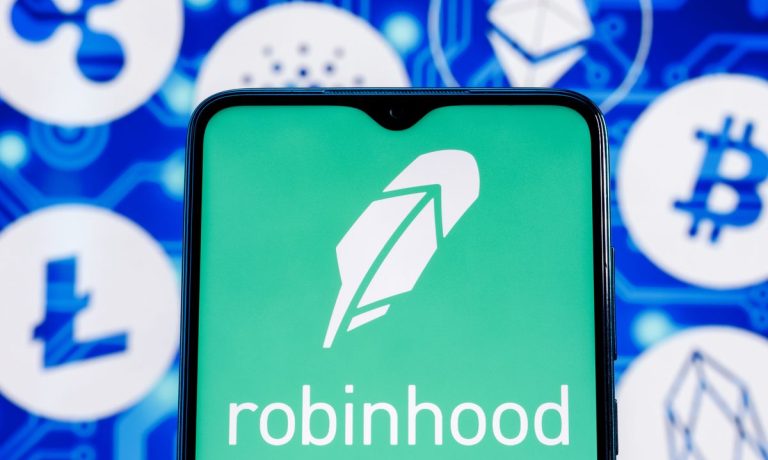Robinhood Preps for Launch of Global Crypto Wallet

Stock and crypto trading platform Robinhood wants to be more than a trading platform.
Long term, Robinhood wants its digital wallet to be the place where “you manage all your money,” CEO Vlad Tenev said in its third quarter earnings call on Wednesday (Nov. 2). That means everything from direct depositing your paycheck to making the Robinhood debit card “people’s primary spending account” to investing for retirement — the latter thanks to the new IRA product it launched.
“We want Robinhood to be the highest value and best user experience tool for you to manage all of your money” including customers entire portfolio and entire wallet, he added. “The second thing is, we want Robinhood to be the default choice for your first financial account. So that entails always being focused on the next generation of customers.”
Short term, Tenev would like to be back in the black.
While Robinhood saw its shares jump 4.6% in after-hours trading when it beat analysts expectations, that included a net loss of $0.20 per share instead of the $0.31 estimated, Reuters said. And it posted revenue of $361 million — $6 million above estimates.
However, monthly active users missed as well, coming in at 12.2 million versus 13.7 million expected. That’s down from 18.9 million a year ago.
Revenues from trading in cryptocurrencies was a particularly weak area, dropping 12% to $51 million as crypto exchanges broadly have reported a big drop-off in trading this year. That was a result of the crypto winter bear market, which saw not only lower prices but less of the price volatility that powers trading. That will play a big part in top U.S. crypto exchange Coinbase’s Q3 results, which will be released Thursday (Nov. 3).
Open Wallets
On the crypto front, Robinhood’s big news is the Robinhood Web3 Wallet, which it opened in beta to a limited group of 10,000 members of the 1 million-plus waiting list in late September.
Calling the decentralized web — Web3 — “the future operating system of financial services,” Tenev emphasized the attention paid to safe custody and a simple and intuitive mobile experience. But he added, “they really love the no gas fee” trading. Given that gas fees are imposed and collected by blockchains, not exchanges like Robinhood, and can be particularly high on ethereum and bitcoin, it’s an aggressive competitive move.
While Robinhood hasn’t yet closed its acquisition of U.K. crypto exchange Ziglu, citing regulatory uncertainty, Tenev said it is one of “several pathways to international expansion, including launching our Robinhood wallet globally early next year … this will actually be our first product available to customers all over the world.”
That wallet will see more cryptocurrencies, as the firm is expanding the coins it supports, albeit cautiously, he said. This included its first stablecoin, USDC.
Trust Matters
One crypto offering that Tenev highlighted was crypto lending. Specifically, he said that Robinhood had never offered the highly profitable but risky product — which blew up in spectacular fashion earlier this year when a number of lenders offering double-digit returns fell into bankruptcy, with Celsius and Voyager Digital leading the way.
“We hope that customers understand and appreciate that we’re moving carefully, and sometimes that means moving a little bit slower than a lot of these other crypto companies,” Tenev said pointedly. “I think this is a great example of building the trust that we were just talking about.”
Other products coming down the line include a credit card to complement its Robinhood Cash Card debit card.
To encourage direct deposits, Robinhood is rolling out the ability to auto-invest paychecks and take “two days early pay.” But, he added, earning the trust to be “someone’s paycheck direct deposit institution of choice is going to take time.”
Which is much the same thing he said when asked about progress winning back customers after the January 2021 GameStop stock debacle.
For all PYMNTS crypto coverage, subscribe to the daily Crypto Newsletter.